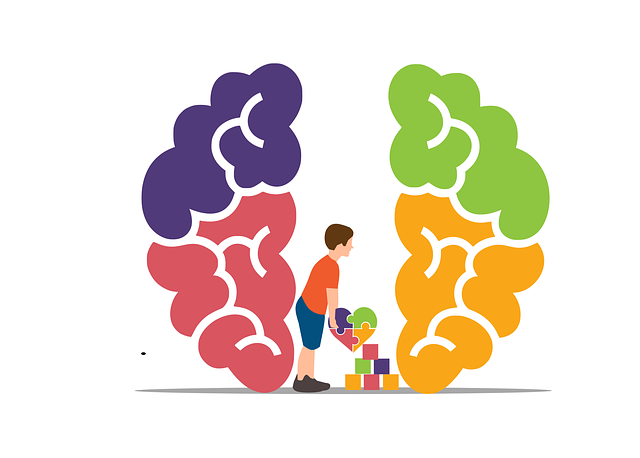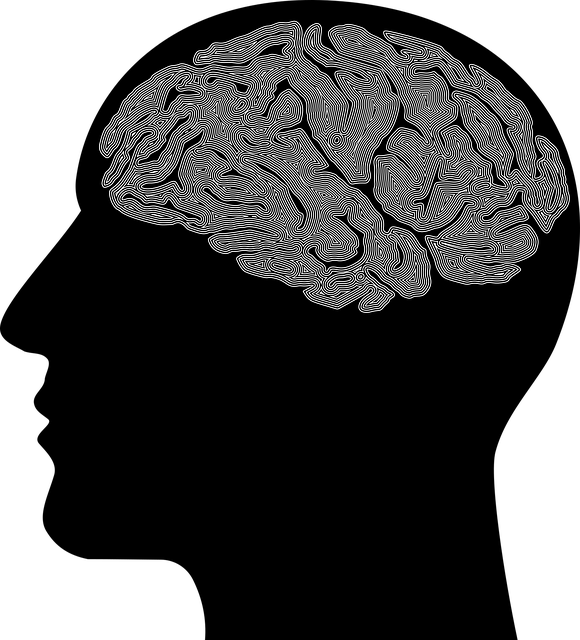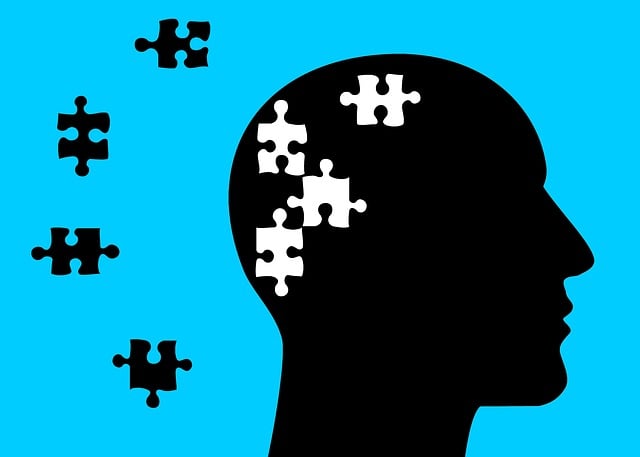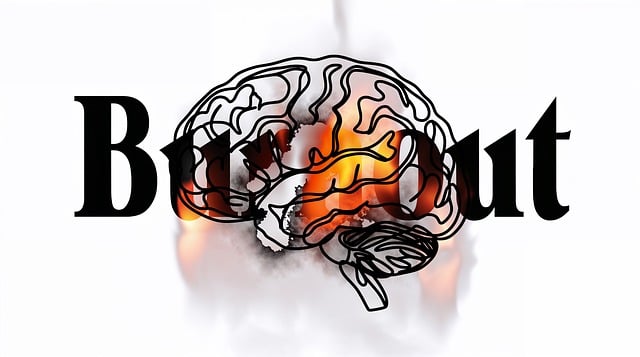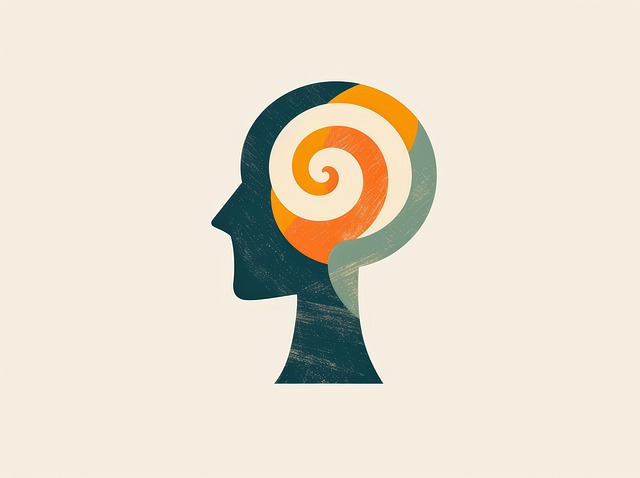Stress significantly impacts individuals with developmental disabilities, exacerbating sensory sensitivities, communication, and learning challenges. Tailored therapy, including crisis intervention guidance, is crucial for improving self-esteem and emotional well-being. Workshops focused on mental health education and stress management tools empower participants to confidently navigate their unique emotional landscapes. Effective workshops require a structured approach, using visual aids, hands-on activities, and simple language to enhance comprehension of self-care skills and build resilience. Incorporating evidence-based practices like mindfulness, progressive muscle relaxation, and positive reinforcement, along with conflict resolution techniques and trauma support, fosters empowerment, community well-being, and improved mood management over time.
Stress management workshops tailored for individuals with developmental disabilities offer a powerful tool for enhancing well-being. This article delves into the critical need for such programs, exploring the unique challenges these individuals face regarding stress and its impact. We provide insights on designing effective workshops, including evidence-based techniques suitable for their needs. Furthermore, we discuss implementation strategies and methods to measure success, emphasizing the importance of specialized therapy for developmental disabilities in fostering resilience and improving quality of life.
- Understanding Stress and Its Impact on Individuals with Developmental Disabilities
- Designing Effective Workshops for Stress Management in this Population
- Implementation Strategies and Measuring Success of the Workshops
Understanding Stress and Its Impact on Individuals with Developmental Disabilities

Stress is a universal experience, but its impact can be particularly profound for individuals with developmental disabilities. These individuals often face unique challenges that can make them more susceptible to stress-related issues. For instance, sensory sensitivities, communication difficulties, and learning differences can heighten their reaction to stressful situations, leading to anxiety, agitation, or even withdrawal.
Understanding these nuances is crucial when designing therapy for developmental disability and mental health education programs. A tailored approach that incorporates crisis intervention guidance can significantly enhance self-esteem improvement. By providing support systems and tools to manage stress effectively, workshops can empower individuals with developmental disabilities to navigate their emotional well-being more confidently.
Designing Effective Workshops for Stress Management in this Population

When designing workshops for stress management among individuals with developmental disabilities, it’s imperative to tailor the content and delivery methods to meet their unique needs. These workshops should go beyond general stress relief techniques and incorporate strategies that are both accessible and engaging. For instance, using visual aids, hands-on activities, and simple language can significantly enhance comprehension. The focus should be on developing practical skills to manage daily stressors, with an emphasis on promoting self-care and building resilience.
Incorporating evidence-based practices such as mindfulness exercises, progressive muscle relaxation, and positive reinforcement techniques can provide effective therapy for developmental disabilities while addressing stress management. Additionally, integrating conflict resolution techniques and trauma support services within the workshop framework can cater to common challenges faced by this population. These strategies not only help participants manage stress but also foster a sense of empowerment and community.
Implementation Strategies and Measuring Success of the Workshops

Implementing stress management workshops requires a structured approach tailored to the needs of participants, especially those with developmental disabilities. Organisers should begin by assessing the existing levels of stress and mental health within the target group. This can involve surveys, focus groups, or individual consultations with professionals like therapists for developmental disability. Once understood, workshops can be designed to address specific challenges, incorporating therapeutic techniques such as mindfulness, relaxation exercises, and cognitive-behavioural strategies.
Measuring the success of these workshops is crucial for evaluating their effectiveness. Key indicators include participant feedback through pre- and post-workshop surveys, tracking improvements in mood management and emotional healing processes, and assessing the uptake of learned coping mechanisms over time. Additionally, observing increased cultural sensitivity in mental healthcare practice among facilitators and improved overall well-being within the community can serve as long-term success metrics.
Stress management workshops tailored for individuals with developmental disabilities offer a promising approach to enhancing well-being. By combining evidence-based strategies and adaptive techniques, these sessions can significantly improve resilience and quality of life. Implementing such programs requires careful planning, engaging facilitators, and utilizing appropriate measurement tools to ensure effectiveness. With ongoing support and evaluation, stress therapy for developmental disability can become a powerful tool in fostering a calmer, more fulfilling life for those facing unique challenges.
